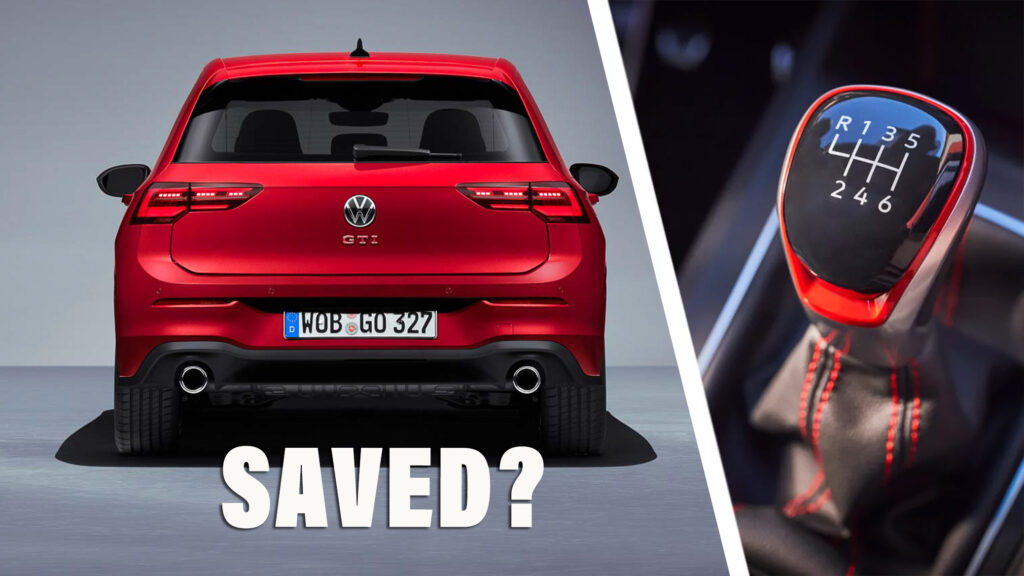Automakers and politicians love to tell us how much they care about the planet and cleaning up the air we breathe, but behind the scenes, it’s a different story. Senior execs like Stellantis boss Carlos Tavares have railed against strict new Euro 7 emissions regulations and now it looks like the EU member states might force those rules to be rewritten in a much milder form.
On the same day that British Prime Minister Rishi Sunak announced the UK was pushing back its 2030 ban on ICE vehicle sales to 2035, Reuters reported that EU countries are debating a compromise draft for tailpipe targets that would relax emissions limits and monitoring requirements and delay the introduction of the new measures that were meant to come into force in 2025 for cars and 2027 for vans.
Carmakers claim the cost of engineering vehicles to meet the targets proposed last November would result in higher prices for consumers, particularly on smaller, cheaper, low-margin cars bought by people who can least afford to pay more. They also say that since sales of ICE cars will be banned in the bloc by 2035, automakers would be better off putting their energy and investment into ramping up EV programs in readiness, rather than getting sidetracked with interim targets that will only deliver marginal benefits.
Related: Euro 7 Updates Could Cost Consumers Up To 10 Times More Than Official Estimates

Now Spain, who currently holds the EU presidency, has presented a draft that is said to call for Euro 7 to be watered down, to the extent that it will demand no change in emissions limits versus Euro 6, even for diesel cars. Reuters reports that Spain was keen to present the new draft next week, but is still waiting for other European countries to agree to the suggested new targets. Eight countries, including France and Italy, sent a joint paper to other EU members in May of this year calling for the Euro 7 regulations to be scrapped altogether.
Though any climbdown will leave environmental campaigners disappointed, it could be good news for enthusiasts. VW’s decision to drop the manual transmission option from the 2024 Golf GTI was taken to help the automaker meet Euro 7 standards, but it conceded that it might reverse the decision if the draft rules were eased before becoming law.
Source: Reuters, Transport & Environment




